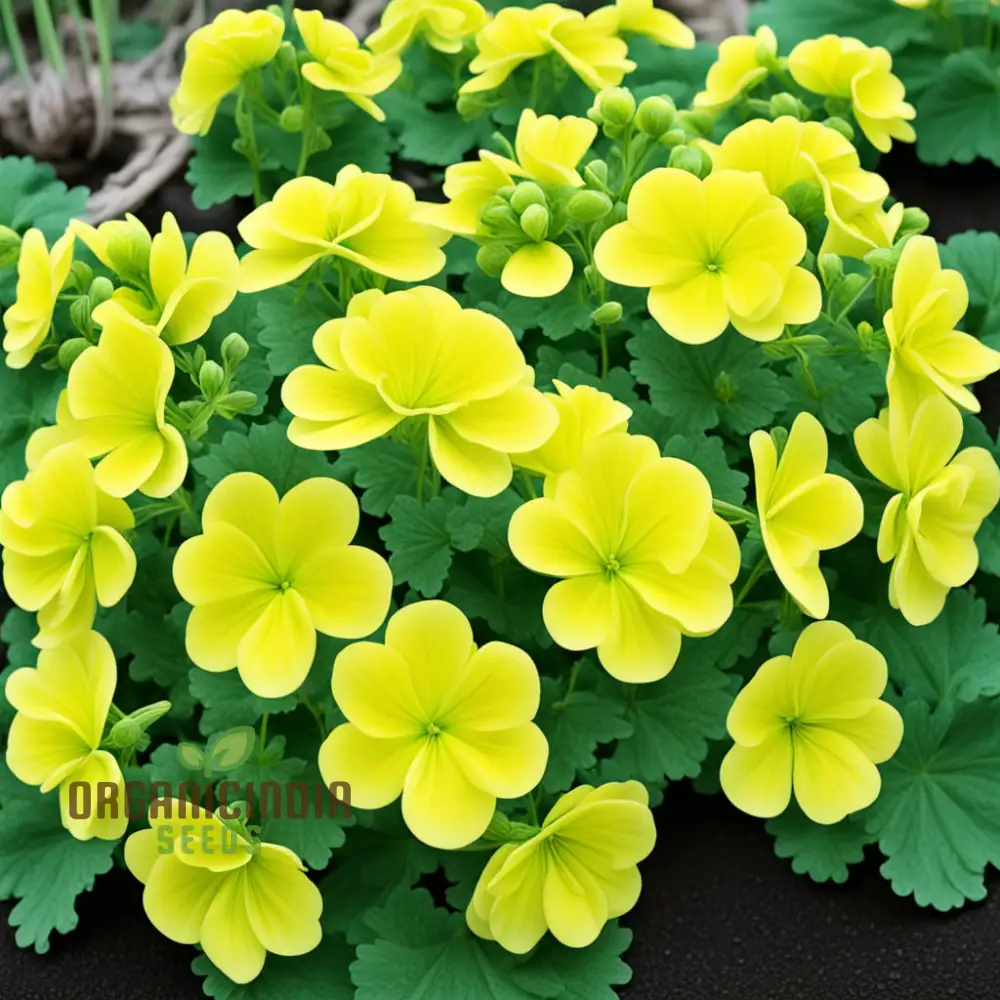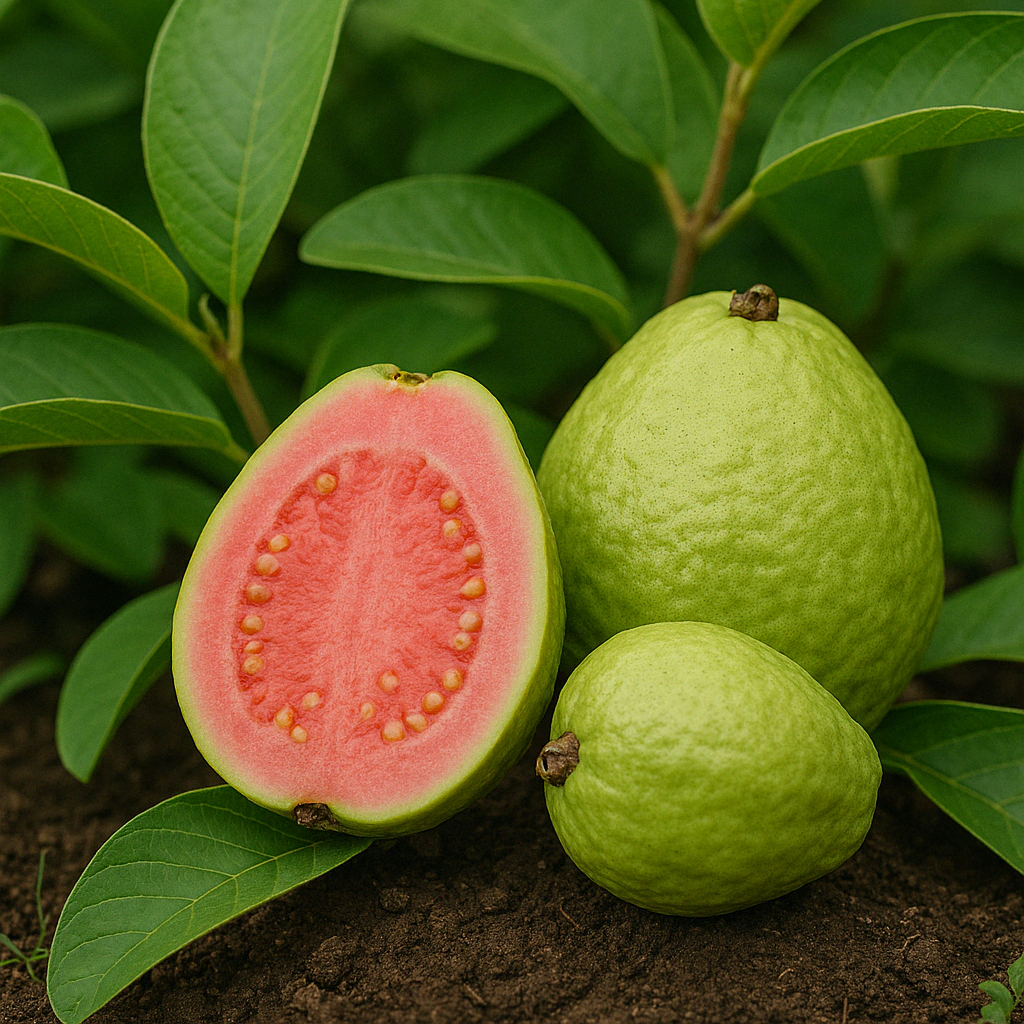Grow Your Own Okra - Heirloom Mix: A Colorful and Nutritious Garden Staple
About Okra - Heirloom Mix
The Okra - Heirloom Mix is a vibrant collection of time-honored okra varieties that thrive in home gardens and provide both culinary and ornamental value. This mix includes green, red, burgundy, and even speckled pods, each offering unique textures and flavors.
These heirloom okra seeds are open-pollinated, ensuring you can save seeds for future planting. With their deep roots in agricultural tradition, they are adapted to diverse climates and are well-suited for organic gardening methods. Their beauty, productivity, and heritage make them a standout addition to your vegetable patch.
By growing the Okra Heirloom Mix, you’re preserving biodiversity and enjoying the fresh, crisp flavor of garden-fresh okra.

Why Grow Okra - Heirloom Mix
There are many reasons why gardeners choose to grow okra from heirloom seeds:
-
Nutrient-rich: Okra is a powerhouse of vitamin C, folate, fiber, magnesium, and antioxidants, supporting heart and gut health.
-
Visual appeal: Varieties in the Heirloom Mix range in color and plant height, creating an eye-catching row in your garden.
-
Multiple harvests: With frequent picking, plants produce continuously through the warm months.
-
Resilient and adaptable: Tolerates heat, drought, and poor soil conditions once established.
-
Low maintenance: Requires little beyond sunlight, occasional feeding, and regular harvesting.
Growing okra from OrganicIndiaSeeds.com means supporting sustainable farming while enjoying reliable germination and plant vigor.
When to Plant Okra
Okra is a warm-season crop, best planted:
-
In late spring or early summer, once the soil has warmed to at least 18–20°C (65–70°F)
-
After all danger of frost has passed
-
In regions with long growing seasons, okra can be sown multiple times for extended harvest
You can start seeds indoors 3–4 weeks before the last frost date or sow them directly into the ground when conditions are favorable.
Where to Plant Okra
Choose a location that offers:
-
Full sun: Minimum of 6–8 hours daily for optimal pod development
-
Well-drained, fertile soil enriched with compost or aged manure
-
Raised beds or garden plots that allow good airflow and root expansion
Avoid shady or waterlogged areas, as okra does not tolerate standing water and requires warmth to thrive.
How to Plant Okra - Heirloom Mix
-
Soak seeds overnight in warm water to improve germination rates.
-
Sow 1 inch deep and 12–18 inches apart in rows spaced 3 feet apart.
-
Water the soil gently after sowing and keep it moist until germination (7–10 days).
-
Thin seedlings to the strongest ones once they’re 4 inches tall.
-
Mulch around the base to retain moisture and prevent weed growth.
For optimal results, rotate okra with legumes or leafy greens to avoid soil fatigue.
How to Care for Okra Plants
Consistent care leads to abundant harvests:
-
Water deeply once a week, increasing during dry spells
-
Use organic compost or seaweed fertilizer every 3–4 weeks
-
Stake tall varieties to prevent wind damage
-
Remove weeds and debris that might attract pests
-
Inspect leaves for signs of aphids or caterpillars, and manage with neem oil or hand removal
Keep harvesting pods when they are tender to encourage continuous growth. If left unharvested, pods can become woody and reduce the plant's productivity.
Companion Plants for Okra
Planting okra with companion vegetables and herbs enhances growth and keeps pests away:
-
Basil – Attracts pollinators and deters mosquitoes and aphids
-
Peppers – Share similar growing conditions and don’t compete for resources
-
Cucumbers – Thrive alongside okra in warm soil
-
Melons and Watermelons – Benefit from okra’s shade and structure
-
Radishes – Help break up soil and improve aeration
Avoid planting okra near fennel or onions, which can stunt its growth.
Harvesting and Uses
-
Begin harvesting 2 months after planting when pods are 2–4 inches long.
-
Use clean garden shears to cut pods; wear gloves if plants are prickly.
-
Pick daily or every other day to prevent overgrowth and encourage flowering.
Okra pods are versatile in the kitchen:
-
Stir-fried, sautéed, or added to soups and stews
-
Essential in dishes like gumbo, bhindi masala, and pickled okra
-
Can be grilled or roasted for a crunchy snack
The leaves are also edible and can be cooked like spinach, adding nutritional variety to your meals.

Final Thoughts
The Okra - Heirloom Mix is more than just a vegetable; it’s a connection to traditional gardening, offering vibrant color, historical value, and unmatched flavor. Whether you’re creating a lush edible garden or growing for your kitchen, this crop will reward you with beauty and bounty.
Ready to get started? Buy your heirloom okra seeds today from OrganicIndiaSeeds.com — your trusted source for high-quality, non-GMO vegetable seeds, grown and harvested with care for gardeners who value sustainability, tradition, and success.



Commenta
Questo sito è protetto da hCaptcha e applica le Norme sulla privacy e i Termini di servizio di hCaptcha.